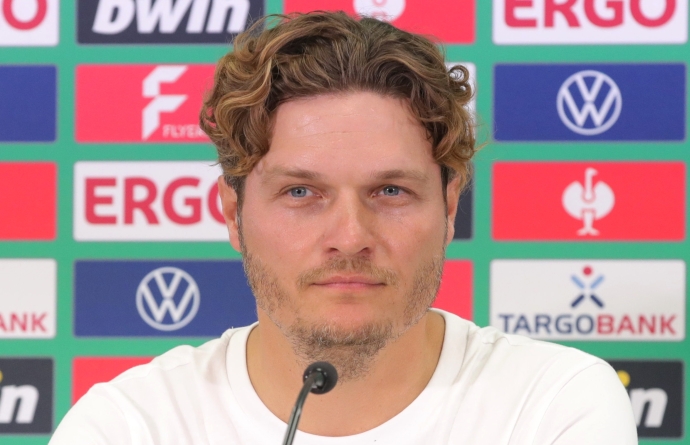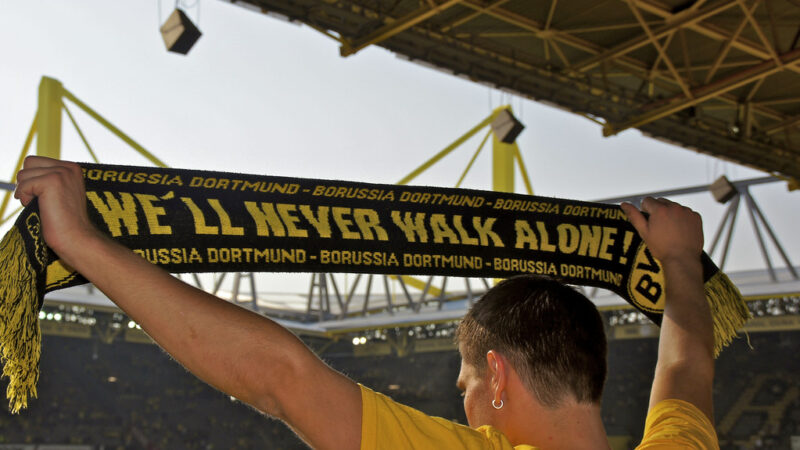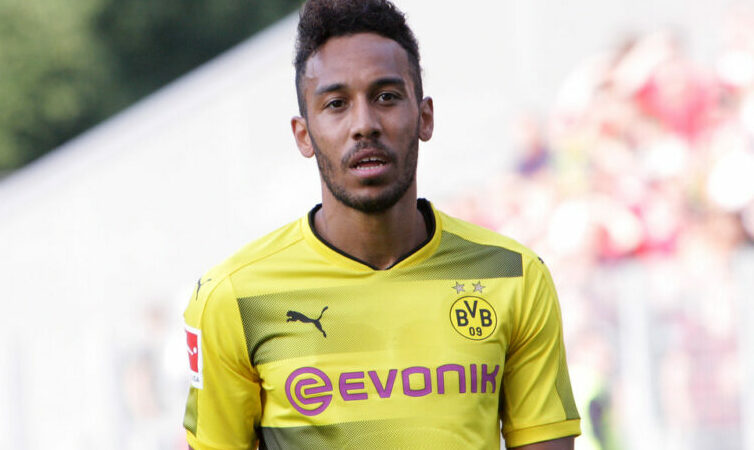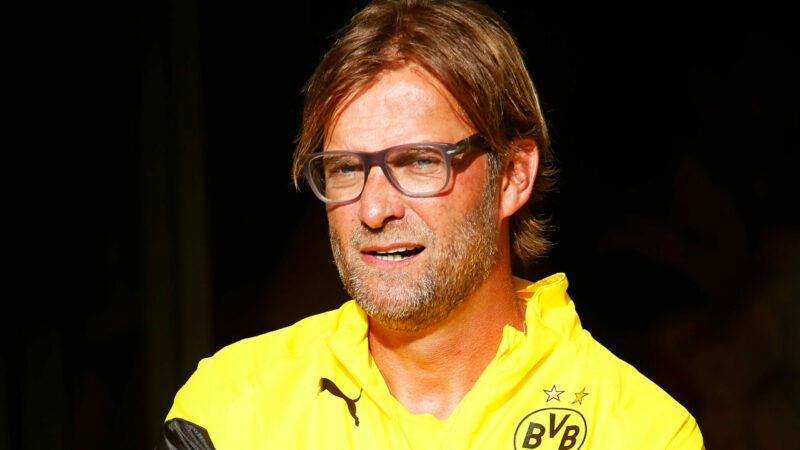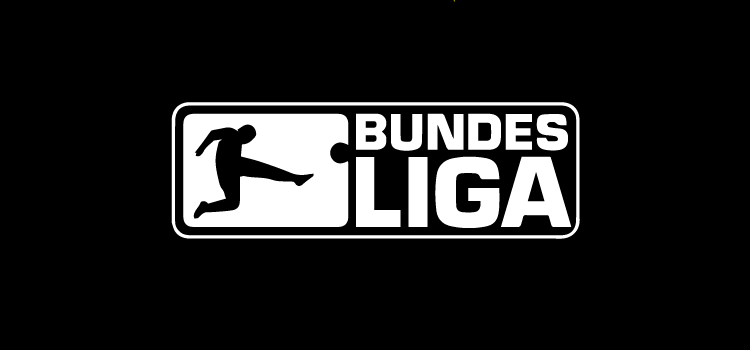Dortmund’s first taste of European success but overshadowed by the goal that wasn’t a goal
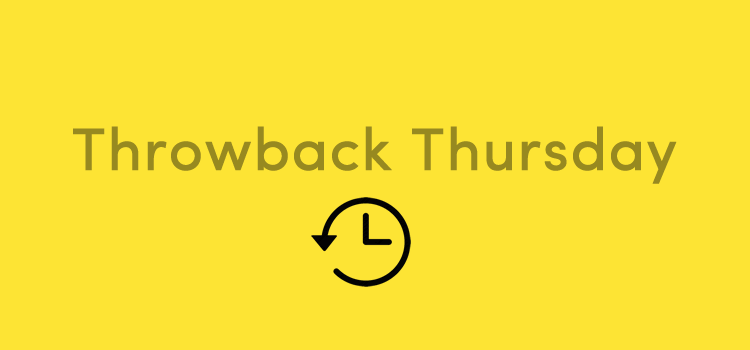
1966; a year that will always be remembered as the pinnacle of footballing success in English football. For Germany, not so much, especially if you go into the whole did it or didn’t it cross the line debacle, which gladly we are not. German football did find success that year but it is often forgotten about due to the exact same reason mentioned above. That success came from Borussia Dortmund lifting their first ever piece of European silverware, defeating Liverpool in the final at Hampden Park. Quite ironic that a German team beat an English team in a major cup final in the UK just two months before that historic day at Wembley. However, we digress, let’s take a trip down memory lane looking at that historic night for BVB.
May 5th, 1966, in typical Glasgow fashion, it was stormy. The thrill of the European Cup final coming to the city was huge and the anticipation of filling the 100,000 capacity at Hampden was to make a thrilling encounter. The torrential wind and rain put a dampener – pardon the pun – on things as many fans avoided the big match. As a result, the stadium was only 40% full of what was expected. A mere 41,000 turned up to face the elements, for those who did got a real show.
Liverpool had just been crowned English Football League Champions and would be competing in the European Cup next season, going in as clear favourites before kick off. Dortmund had missed out on the Bundesliga finishing 2nd, three points behind 1860 Munich. Usually, the second placed team would get a place in the following seasons Cup Winners Cup but Bayern Munich were to throw a spanner in the works. Bayern had won the DFB-Pokal meaning Dortmund would forfeit their place in the Cup to Bayern next season if they failed to win against Liverpool. The pressure for BVB was immense!
Bill Shankly’s Liverpool lined up with a typical of that era 235 system with Tommy Lawrence in goal, Chris Lawler and Gerry Byrne at the back, Gordon Milne, Ron Yeats and Willie Stevenson in the midfield. The attacking 5 were: Ian Callaghan, Roger Hunt, Ian St. John, Tommy Smith and Peter Thompson. Willi Multhaup lined his Dortmund side in a more defensively structured 424 with the intention of keeping Liverpool’s large number of attackers in check, whilst being able to cause an impact with their own offence. They lined up: Hans Tilkowski in goal, Gerhard Cyliax, Theodor Redder, Rudi Assauer and Wolfgang Paul in defence, Dieter Kurrat and Wilhelm Sturm in the midfield, with the front four of Reinhard Libuda, Aki Schmidt, Sigfried Held and Lothar Emmerich.
Liverpool had a distinctive way of playing by dominating the possession of the ball, Multhaup knew that if he tried to go toe to toe in a possession based game he would lose. Instead, he set his side up to be strong at the back with the emphasis of soaking up the pressure, inviting Liverpool to attack in the large numbers they were willing to throw forward and bang, hit them on the counter where they were vulnerable.
As expected Liverpool had most of the possession but were continually becoming more and more frustrated at being unable to break down the hard working Dortmund set up. Half time struck and the sides were still goalless, the weather playing its part initially with only a small number of decent opportunities on show. St. John coming closest to breaking down Dortmund’s stubborn defence but was to no avail.
Just after the hour mark, Dortmund had a goal kick, it was taken long but swiftly Liverpool won the ball and were quickly applying pressure once again to Dortmund’s back line. A quick dispossession and now Dortmund could launch a counter of their own. Liverpool had committed numbers forward, especially in the midfield, so Dortmund’s transition was quick. Sigfried Held was leading the front line and held – no pun again – the ball up waiting for his teammates to support him. He laid the ball off to the left into the path of Lothar Emmerich before charging forward. Emmerich in a calm manner controlled the ball effortlessly before playing a beautifully timed pass over the defence, inch perfect for Held to run onto. It arrived on the bounce just outside the box right into Held’s running path, instinctive he hit the ball first time on the volley. The ball flew past Lawrence and into the back of the net, a wonder strike for that era of football.
It is an old saying that you are most vulnerable after scoring; for Dortmund that was correct. They held tight for an initial period but seven minutes after successfully countering Liverpool, they found themselves back to square one. A patient bit of build up play, followed by a single piece of brilliance on the right wing, beating 3 men before getting to the byline and putting it back across goal for Roger Hunt to equalise. The linesman signalled to the referee that the ball had crossed the byline before the cross was made, however, the referee over ruled it and the goal stood. A refereeing decision that made us speculate about a goal that wasn’t a goal; this feels very familiar.
The game continued to be frustrating for Liverpool as they couldn’t a way through Dortmund’s well-structured system. The game finished 1-1 and would go on for another 30 minutes of extra time.
As both sides start to tire, attacks started to become predictable for Dortmund to deal with. On the 107th minute of extra time, things changed again. Dortmund had a free kick in their own half following a high challenge. It was taken quickly and Held played a long pass for Schmidt to chase. It was a 50/50 race between him and Lawrence the Liverpool keeper, who managed to get there ahead of the striker. His clearance though wasn’t the best and it went wide right, straight into the path of the on rushing Reinhard Libuda. Instinctively Libuda hit the ball first time, around 35 yards out and on the angle. The ball looped up and over Lawrence who was frantically rushing back trying not to be lobbed from that kind of distance. the ball hit the post and ricocheted off Lawrence into the back of the net. Dortmund were 2-1 up with less than 15 minutes left to play. Lawrence looked defeated as his poor clearance caused the goal.
Dortmund held on and defended doggedly right to the end. They had done it, their first taste of European glory as the underdogs. A moment that the club will never forget but under the events that happened in Wembley often overshadowed. Not only was this a first feat for Dortmund but a first for German club football. Dortmund had become the first German club to win a European competition.
Willi Multhaup will go down in Dortmund history for this win, but most importantly as a piece of tactical nuance. To set up with a willingness to concede possession and let the opposition come at you, only to soak up the pressure and hit them with pace and precision. Something that many decades into the future is a common theme for underdogs but not everyone can pull it off. Leicester City did the exact same thing during their incredible Premier League title win back in 2016. It requires discipline, commitment, determination, athleticism, supreme concentration and most importantly team work. Something this Dortmund side had right down to the tee. Something that Multhaup saw in his men and had the guts to try it in an incredibly important game for the club.

